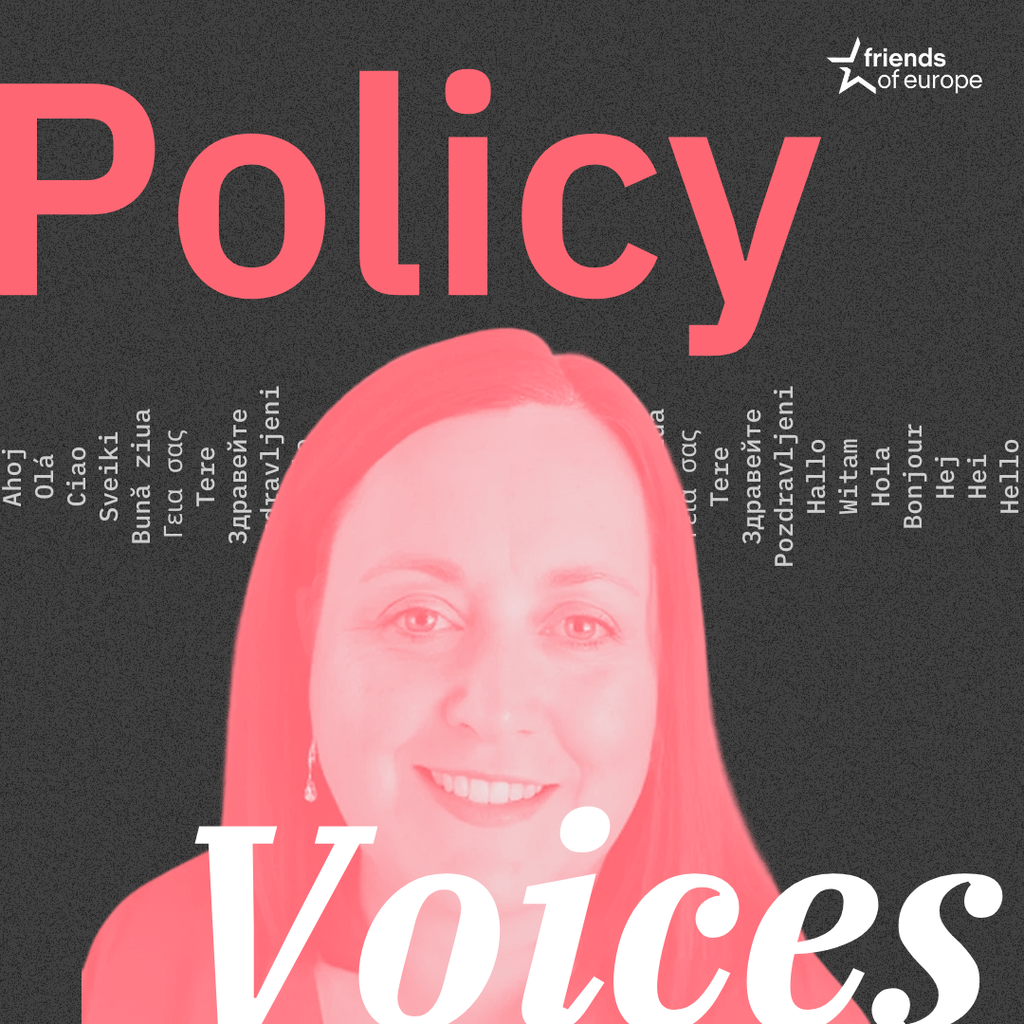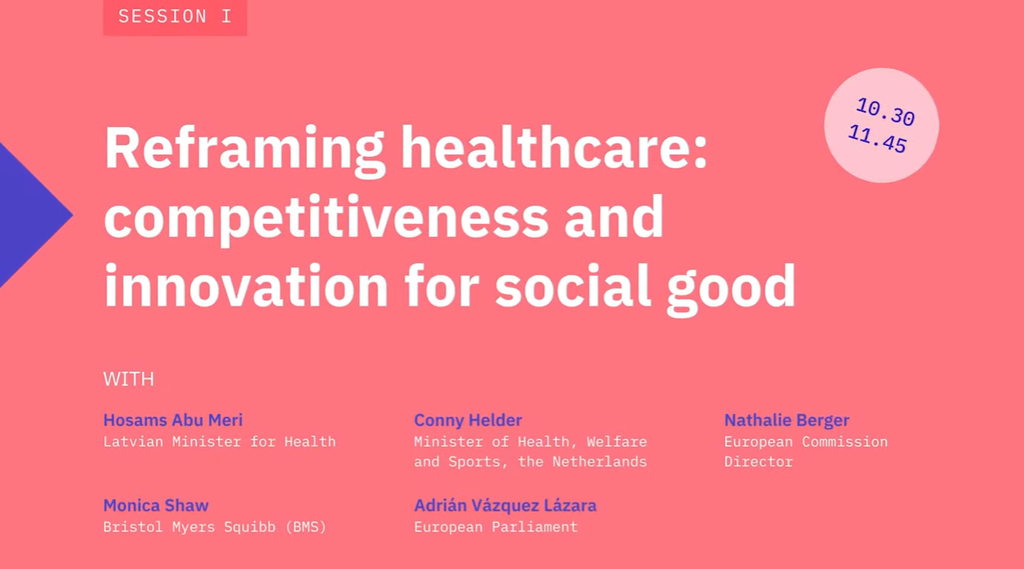Europe's moment: advancing clinical research and health innovation
Next event In person & online

- Area of Expertise
- Sustainable Livelihoods

Secretary-General of the European Patients’ Forum (EPF)
Nicola Bedlington is Secretary General of the European Patients’ Forum
Nobody likes to be in a hospital. Driving long hours to the medical centre on a regular basis, or sitting around waiting for a therapy or a treatment can have a serious impact on the quality of life of many patients with serious long-term conditions in Europe.
Home-care and self-care can help a great deal, by delivering healthcare and social services where needed to patients in a familiar environment, at a convenient time, surrounded by friends, families and carers, and with support from healthcare professionals.
For self-care technologies and measures to be fully efficient, the focus clearly must be on the patient – not on the new technology. It is important to look at some of the factors that would help technology work in a home setting.
From the project ‘Chain of Trust’, it is quite clear that the human factor in healthcare delivery is crucial and still plays a central role. Patients need someone that they trust, someone that they feel comfortable reaching out to, be it a carer or a healthcare professional. eHealth services or self-care treatment can only be effective if patients feel confident about using them. Trust is a vital component of any successful home care or self-care implementation strategy.
Some of the needs could be addressed using technology, but an important part of healthcare is the human factor
Trust is also built via the involvement of patients in the design of the healthcare service. This is of paramount importance. Patients and patient organisations need to be involved from the beginning of the process, and self-care services need to be designed, assessed and implemented in an integrated and patient-centred way so that technology is user-driven rather than innovation-driven. For EPF, patient-centred care is respectful of and responsive to individual patient preferences, needs and values, and we ensure that patient values guide all clinical decisions.
Patient empowerment is a core pillar of the European Patients’ Forum’s work and part of our vision for patients in Europe. We see self-care and self-management as one of the three tenets of patient empowerment, together with health literacy and shared decision-making.
Empowering patients can lead to more sustainable and efficient health and social systems. Patients with chronic conditions are often referred to as the most under-used resource in the health system: not only have patient-centred care models demonstrated better quality of care, they also provide potential long-term cost-efficiencies. Still, too many patients are struggling to get the support they need to become equal partners in care.
Patients have expectations that technologies will be empowering, giving them more information about their condition and facilitating their involvement in the care process alongside healthcare professionals. To meet those expectations, we need an ambitious and inclusive strategy on patient empowerment involving all stakeholders.
We need to make sure patients are involved right at the beginning of the design of solutions
Digital health and disruptive models of healthcare will bring positive change, but we need to face the fact that any discussion on European healthcare needs to consider the variety of different health systems. Universal health coverage is not a reality for many patients across the European Union, and this is unacceptable. This is why the EPF is driving a strong campaign on universal health coverage using the backdrop of the United Nations Sustainable Development Goals (SDG). The SDGs provide a useful framework for action, and patient empowerment, including self-care, is a core component.
Home-care brings innovative and useful solutions to enhance the quality of life of patients, and also ensures sustainability. A prerequisite is that meaningful patient involvement measures are in place from the design of the service to its implementation.
A real commitment to patient-centred care and patient empowerment is one way forward for future sustainable and equitable healthcare systems, and essential to achieve the promise of care in the home environment.
Next event In person & online

Past event In person & livestreamed

Past event In person

Past event In person & livestreamed





Stay informed
We use cookies and similar technologies to adjust your preferences, analyze traffic and measure the effectiveness of our campaigns. Learn more about our privacy policy.